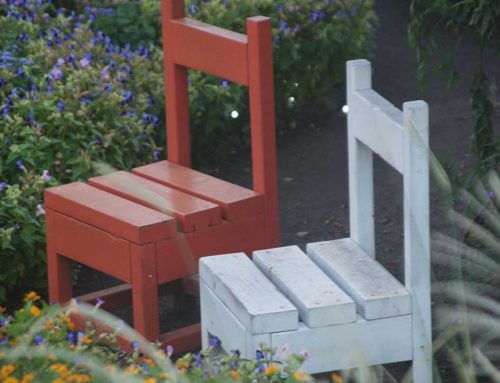Did you know that statistics show that less than 50% of all Canadians have a Last Will and Testament? This is a surprising statistic considering that, without a Will, the distribution of the assets owned by you on your death will be determined by provincial legislation. For instance, if your spouse and children have survived you, your spouse may not inherit all your assets on your death. If your estate is worth in excess of $200,000 there will be a split of your assets between your spouse and your children – and that split is not equal.
Although you may be comfortable with your spouse receiving your entire estate, you may be very uncomfortable to discover what can happen if all or a portion of your estate is inherited by your children. If your children are under the age of 18 years, the inheritance will be held by the Court. When the child attains the age of 18 years, that portion to which the child is entitled is to be paid out of Court to the child. Where there is no Will, one of the biggest problems that can result is that your children could receive large sums of money for which they are not ready to handle.
The greatest concern where children are involved is whether their level of maturity is sufficient to enable them to manage what are often large amounts of money or investments. A Will, prepared with a properly drafted trust, can provide for the holding of the share of any child until that child attains the age that gives the parents confidence that the child will be sufficiently responsible to manage the funds on his or her own.
The trust can be discretionary, thereby permitting your executor(s) the ability to remove money from the trust for certain needs of the children, such as education, medical, support or other needs that your executor(s) believes to be meritorious. Moreover, if desired, the parents could provide for payment of the monies out of trust in increments over a period of time.
If your children are minors, the other concern that parents have is the selection of a guardian to take care of their children in the event of the death of both parents. This decision requires careful thought and should involve communication with the prospective guardians to be sure that they are in agreement and understand your preferences and intentions for the children. In addition, appropriate plans should be made to ensure that there are sufficient funds available for the proper raising of your children and to ensure that the guardians do not suffer financial hardship.
That raises the question of “where will the money come from?” You have examined the value of your estate (after deducting all liabilities), and have concluded that there is simply not enough money to attend to the needs of your children if both parents should predecease the children. If this is the case, the purchase of life insurance is something you may want to have a serious look at.






